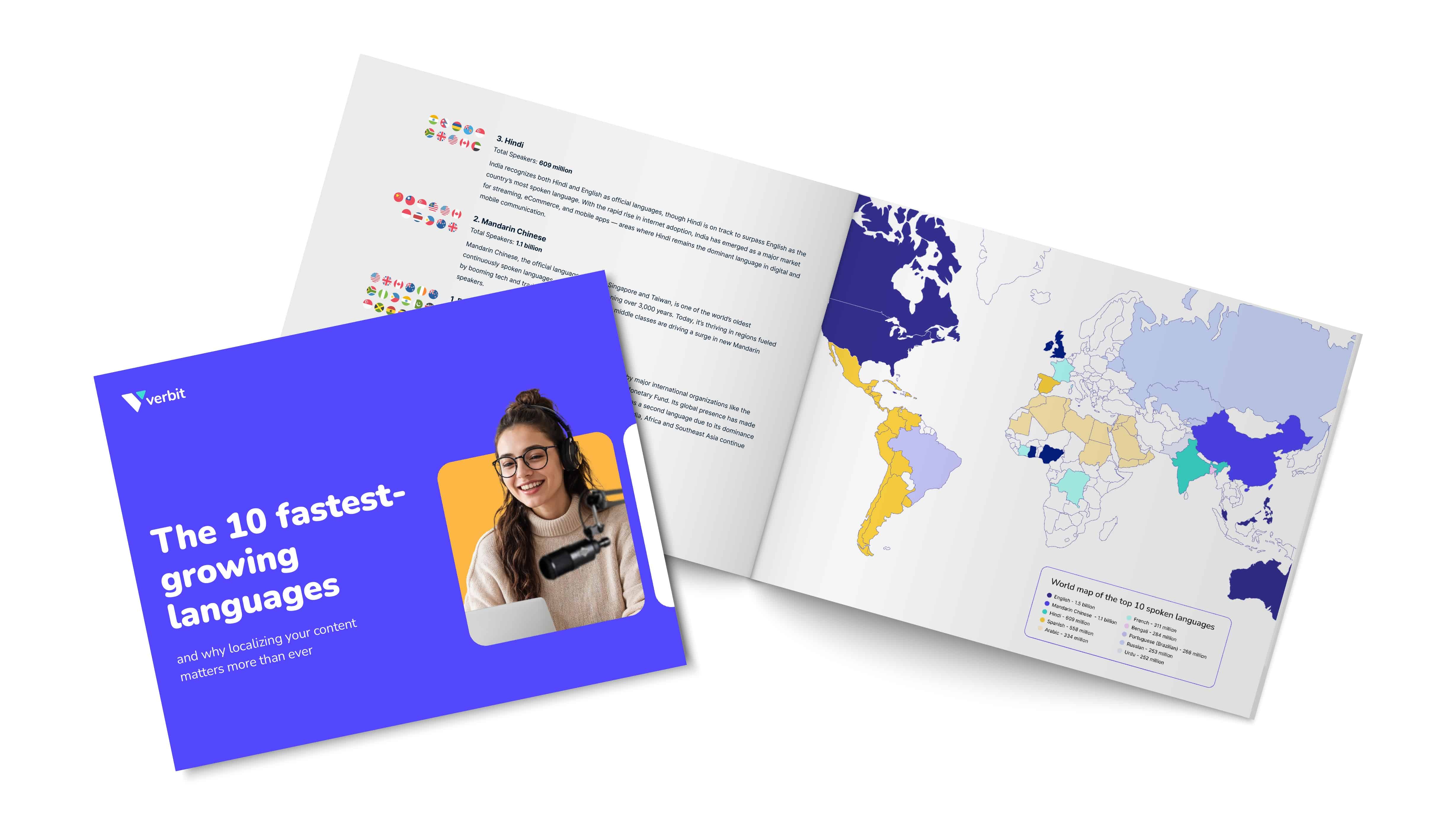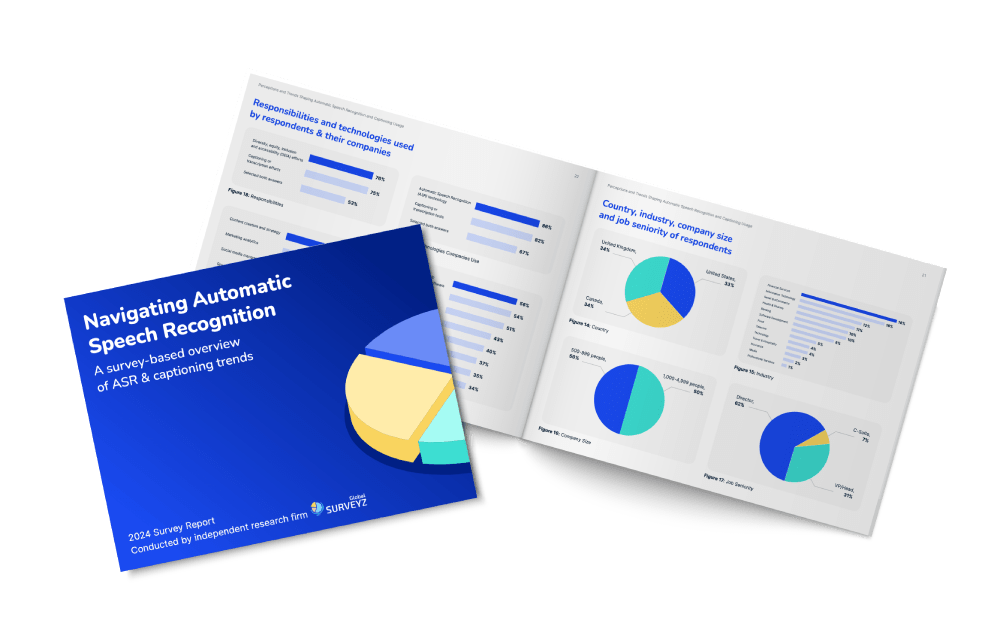Resources

eBook
eBook: The 10 fastest-growing languages & why localization matters more than ever
1 July 2025
Discover the top emerging languages and learn how smart localization can…

Guide
Your guide to EAA compliance: Preparing for Europe’s digital accessibility directive
17 June 2025

eBook
Make your social media videos more inclusive — download our free captioning guide
13 May 2025
There are more than 5.2 billion people using social media, with some estimates finding…

Guide
Guide: Your roadmap to Title II compliance
1 May 2025

Customer story
UC Berkeley School of Public Health
11 April 2025
The University of California, Berkeley, School of Public Health’s partnership with Verbit highlights how…

Customer story
The Peres Center for Peace & Innovation
2 December 2024
The Peres Center for Peace & Innovation’s leaders have deemed accessibility, captioning and translation…

Customer story
The University of Western Australia
4 September 2024
UWA’s leaders utilize Anthology to offer students and faculty a suite of solutions for…

Pager
Verbit’s data policy
15 May 2024
As a global leader in captioning and transcription solutions, Verbit’s mission…

eBook
New survey report: Market trends and perceptions on ASR & captioning
2 May 2024
Discover the results of a third-party survey of 200 business leaders…